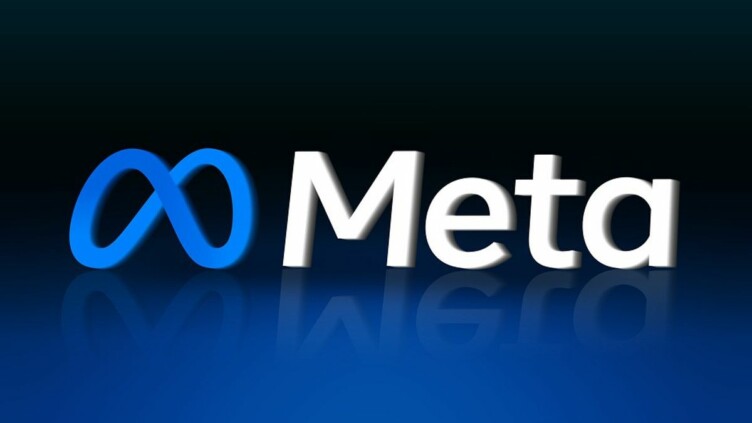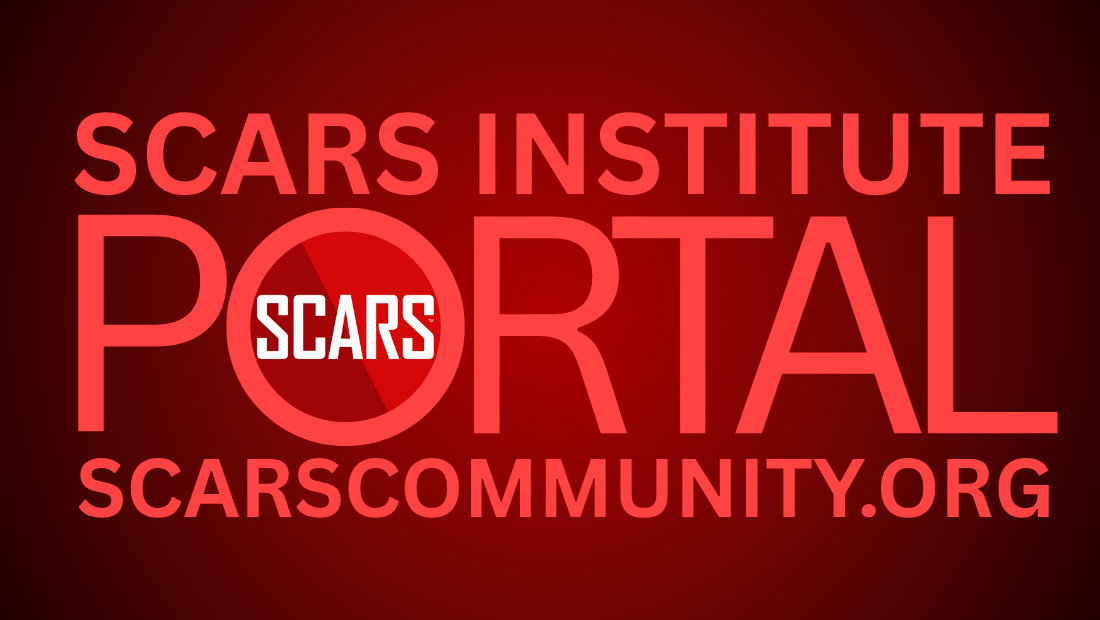Meta Platforms (Facebook & Instagram) Caught Lying About The Number of Real Users To Advertisers
Courts Rule They Can Be Sued for Misrepresentation (a.k.a. Fraud)
Authors:
• SCARS Editorial Team – Society of Citizens Against Relationship Scams Inc.
• By Jonathan Stempel, Reuters
About This Article
The 9th U.S. Circuit Court of Appeals ruled in a 2-1 decision that Meta Platforms, owner of Facebook and Instagram, must face a class-action lawsuit filed by advertisers. The lawsuit alleges Meta overcharged advertisers by fraudulently inflating the potential reach of their ads, using metrics based on social media accounts rather than actual people, leading to potential viewer overestimations of up to 400%.
While the court allowed advertisers to sue for damages as a group, it decertified a separate class seeking injunctive relief. Advertisers estimate Meta may owe over $7 billion in damages. Meta, with ads generating most of its revenue, has yet to comment.
The lawsuit, covering millions of individuals and businesses since August 2014, claims Meta’s senior executives knew about inflated metrics but concealed the information. Circuit Judge Sidney Thomas wrote for the majority, emphasizing Meta’s alleged misrepresentation.

Meta Platforms (Facebook & Instagram) will Face Advertisers’ Class Action Lawsuit, US Appeals Court rules!
The 9th U.S. Circuit Court of Appeals in San Francisco delivered a divided ruling that Meta Platforms, the parent company of Facebook and Instagram, must face a class-action lawsuit filed by advertisers over knowingly misreporting the actual number of real users on their platforms.
The lawsuit alleges that Meta overcharged advertisers by fraudulently inflating the potential reach of their ads. Advertisers claim that Meta’s metric for measuring potential reach counted social media accounts rather than actual individuals, leading to an overestimation of potential viewers by up to 400%. The court’s decision allows advertisers to sue for damages as a group but decertifies a separate class seeking injunctive relief. The dissenting judge would have decertified both classes.
Advertisers estimate that Meta could owe over $7 billion in damages. The lawsuit also accuses Meta of knowing about duplicate and fake accounts inflating metrics but attempting to cover it up.
Meta has yet to comment on the ruling. The case will proceed to trial, offering potentially significant recoveries for advertisers.
According to Reuters:
A divided U.S. appeals court said Meta Platforms (META.O), opens new tab must face a class action by advertisers that accused the Facebook and Instagram owner of overcharging them by fraudulently inflating the number of people their ads might reach.
In a 2-1 decision on Thursday, the 9th U.S. Circuit Court of Appeals in San Francisco said advertisers could sue for damages as a group over Meta’s claims about the “potential reach” of their ads.Advertisers said the metric used measured the number social media accounts, not the lower number of actual people, and inflated the number of potential viewers by as much as 400%.
The court also decertified a separate class seeking injunctive relief, meaning the advertisers cannot sue as a group, because it wasn’t clear that the main plaintiff had legal standing to sue.
A dissenting judge would have decertified both classes. The advertisers have estimated Meta could owe more than $7 billion of damages, court papers show.Meta and its lawyers did not immediately respond to requests for comment.
- The Menlo Park, California-based company has said ads generate “substantially all, opens new tab” of its revenue, which totaled $134.9 billion in 2023. Net income was $39.1 billion.
- Class actions afford potentially greater recoveries at lower cost than if plaintiffs are forced to sue individually.
Circuit Judge Sidney Thomas wrote for the majority that because Meta provided the same alleged misrepresentation about potential reach, advertisers could try to prove that their alleged damages stemmed from a “common course of conduct.”
The class covers potentially millions of individuals and businesses that have paid for ads on Facebook and Instagram since Aug. 15, 2014.
Their lawsuit included a claim that senior executives knew that duplicate and fake accounts, including from bots, inflated the “potential reach” metric, but took steps to cover it up.
Circuit Judge Danielle Forrest, in a partial dissent, said she would decertify the damages class because of individualized questions about what advertisers understood about what Meta was telling them before they bought ads.
Geoffrey Graber, a lawyer for the advertisers, said he looked forward to taking the damages case to a jury.
The case is DZ Reserve et al v Meta Platforms Inc, 9th U.S. Circuit Court of Appeals, No. 22-15916.
Source article: Meta Platforms must face advertisers’ class action, US appeals court says | Reuters
SCARS Analysis
The U.S. appeals court decision that Meta Platforms (Facebook and Instagram) must face a class-action lawsuit over fraudulent ad reach metrics carries significant implications for the company.
The ruling not only exposes Meta to potential damages but also underscores the need for more robust measures to combat fake and duplicate profiles on its platforms.
The court’s acknowledgment of inflated potential viewer numbers by as much as 400% highlights a critical flaw in Meta’s advertising model, eroding advertisers’ trust and damaging Meta’s reputation. If the 400% inflation is correct, that could be interpreted to mean that the number of fakes to real profiles is 4 to 1, much higher than ever estimated – the previous estimates by SCARS and others were 2 to 1.
With advertisers estimating potential damages exceeding $7 billion, Meta faces substantial financial repercussions. If $7 billion is ever awarded to the plaintiffs, that could significantly damage both Meta’s financial position, and potentially also result in a shareholder revolt that could topel Mark Zuckerberg’s control of the company.
Furthermore, the lawsuit’s claim that senior executives knew about inflated metrics but attempted to conceal them raises concerns about Meta’s transparency and accountability. This could also result in regulatory action by the FTC or Department of Justice against these individuals for fraud.
To mitigate these risks and restore trust, Meta must massively intensify efforts to eliminate fake and duplicate profiles, bolster platform policing, and enhance transparency in its advertising practices. Failure to address these issues will likely further erode advertiser confidence and negatively impact Meta’s revenue and market standing.
-/ 30 /-
What do you think about this?
Please share your thoughts in a comment below!
More Related Meta Lawsuit Information:
-/ 30 /-
What do you think about this?
Please share your thoughts in a comment below!
SCARS LINKS: AgainstScams.org RomanceScamsNOW.com ContraEstafas.org ScammerPhotos.com Anyscam.com ScamsNOW.com
reporting.AgainstScams.org support.AgainstScams.org membership.AgainstScams.org donate.AgainstScams.org shop.AgainstScams.org
youtube.AgainstScams.org linkedin.AgainstScams.org facebook.AgainstScams.org
TABLE OF CONTENTS
CATEGORIES
![NavyLogo@4x-81[1] Meta Platforms (Facebook & Instagram) Caught Lying About The Number of Real Users To Advertisers 2024](https://scamsnow.com/wp-content/uploads/2025/04/NavyLogo@4x-811.png)
ARTICLE META
Important Information for New Scam Victims
- Please visit www.ScamVictimsSupport.org – a SCARS Website for New Scam Victims & Sextortion Victims.
- SCARS Institute now offers its free, safe, and private Scam Survivor’s Support Community at www.SCARScommunity.org – this is not on a social media platform, it is our own safe & secure platform created by the SCARS Institute especially for scam victims & survivors.
- SCARS Institute now offers a free recovery learning program at www.SCARSeducation.org.
- Please visit www.ScamPsychology.org – to more fully understand the psychological concepts involved in scams and scam victim recovery.
If you are looking for local trauma counselors, please visit counseling.AgainstScams.org
If you need to speak with someone now, you can dial 988 or find phone numbers for crisis hotlines all around the world here: www.opencounseling.com/suicide-hotlines
Statement About Victim Blaming
Some of our articles discuss various aspects of victims. This is both about better understanding victims (the science of victimology) and their behaviors and psychology. This helps us to educate victims/survivors about why these crimes happened and not to blame themselves, better develop recovery programs, and help victims avoid scams in the future. At times, this may sound like blaming the victim, but it does not blame scam victims; we are simply explaining the hows and whys of the experience victims have.
These articles, about the Psychology of Scams or Victim Psychology – meaning that all humans have psychological or cognitive characteristics in common that can either be exploited or work against us – help us all to understand the unique challenges victims face before, during, and after scams, fraud, or cybercrimes. These sometimes talk about some of the vulnerabilities the scammers exploit. Victims rarely have control of them or are even aware of them, until something like a scam happens, and then they can learn how their mind works and how to overcome these mechanisms.
Articles like these help victims and others understand these processes and how to help prevent them from being exploited again or to help them recover more easily by understanding their post-scam behaviors. Learn more about the Psychology of Scams at www.ScamPsychology.org
SCARS INSTITUTE RESOURCES:
If You Have Been Victimized By A Scam Or Cybercrime
♦ If you are a victim of scams, go to www.ScamVictimsSupport.org for real knowledge and help
♦ SCARS Institute now offers its free, safe, and private Scam Survivor’s Support Community at www.SCARScommunity.org/register – this is not on a social media platform, it is our own safe & secure platform created by the SCARS Institute especially for scam victims & survivors.
♦ Enroll in SCARS Scam Survivor’s School now at www.SCARSeducation.org
♦ To report criminals, visit https://reporting.AgainstScams.org – we will NEVER give your data to money recovery companies like some do!
♦ Follow us and find our podcasts, webinars, and helpful videos on YouTube: https://www.youtube.com/@RomancescamsNowcom
♦ Learn about the Psychology of Scams at www.ScamPsychology.org
♦ Dig deeper into the reality of scams, fraud, and cybercrime at www.ScamsNOW.com and www.RomanceScamsNOW.com
♦ Scam Survivor’s Stories: www.ScamSurvivorStories.org
♦ For Scam Victim Advocates visit www.ScamVictimsAdvocates.org
♦ See more scammer photos on www.ScammerPhotos.com
You can also find the SCARS Institute’s knowledge and information on Facebook, Instagram, X, LinkedIn, and TruthSocial
Psychology Disclaimer:
All articles about psychology and the human brain on this website are for information & education only
The information provided in this and other SCARS articles are intended for educational and self-help purposes only and should not be construed as a substitute for professional therapy or counseling.
Note about Mindfulness: Mindfulness practices have the potential to create psychological distress for some individuals. Please consult a mental health professional or experienced meditation instructor for guidance should you encounter difficulties.
While any self-help techniques outlined herein may be beneficial for scam victims seeking to recover from their experience and move towards recovery, it is important to consult with a qualified mental health professional before initiating any course of action. Each individual’s experience and needs are unique, and what works for one person may not be suitable for another.
Additionally, any approach may not be appropriate for individuals with certain pre-existing mental health conditions or trauma histories. It is advisable to seek guidance from a licensed therapist or counselor who can provide personalized support, guidance, and treatment tailored to your specific needs.
If you are experiencing significant distress or emotional difficulties related to a scam or other traumatic event, please consult your doctor or mental health provider for appropriate care and support.
Also read our SCARS Institute Statement about Professional Care for Scam Victims – click here
If you are in crisis, feeling desperate, or in despair, please call 988 or your local crisis hotline – international numbers here.
More ScamsNOW.com Articles
A Question of Trust
At the SCARS Institute, we invite you to do your own research on the topics we speak about and publish. Our team investigates the subject being discussed, especially when it comes to understanding the scam victims-survivors’ experience. You can do Google searches, but in many cases, you will have to wade through scientific papers and studies. However, remember that biases and perspectives matter and influence the outcome. Regardless, we encourage you to explore these topics as thoroughly as you can for your own awareness.
























![scars-institute[1] Meta Platforms (Facebook & Instagram) Caught Lying About The Number of Real Users To Advertisers 2024](https://scamsnow.com/wp-content/uploads/2025/04/scars-institute1.png)

![niprc1.png1_-150×1501-1[1] Meta Platforms (Facebook & Instagram) Caught Lying About The Number of Real Users To Advertisers 2024](https://scamsnow.com/wp-content/uploads/2025/04/niprc1.png1_-150x1501-11.webp)